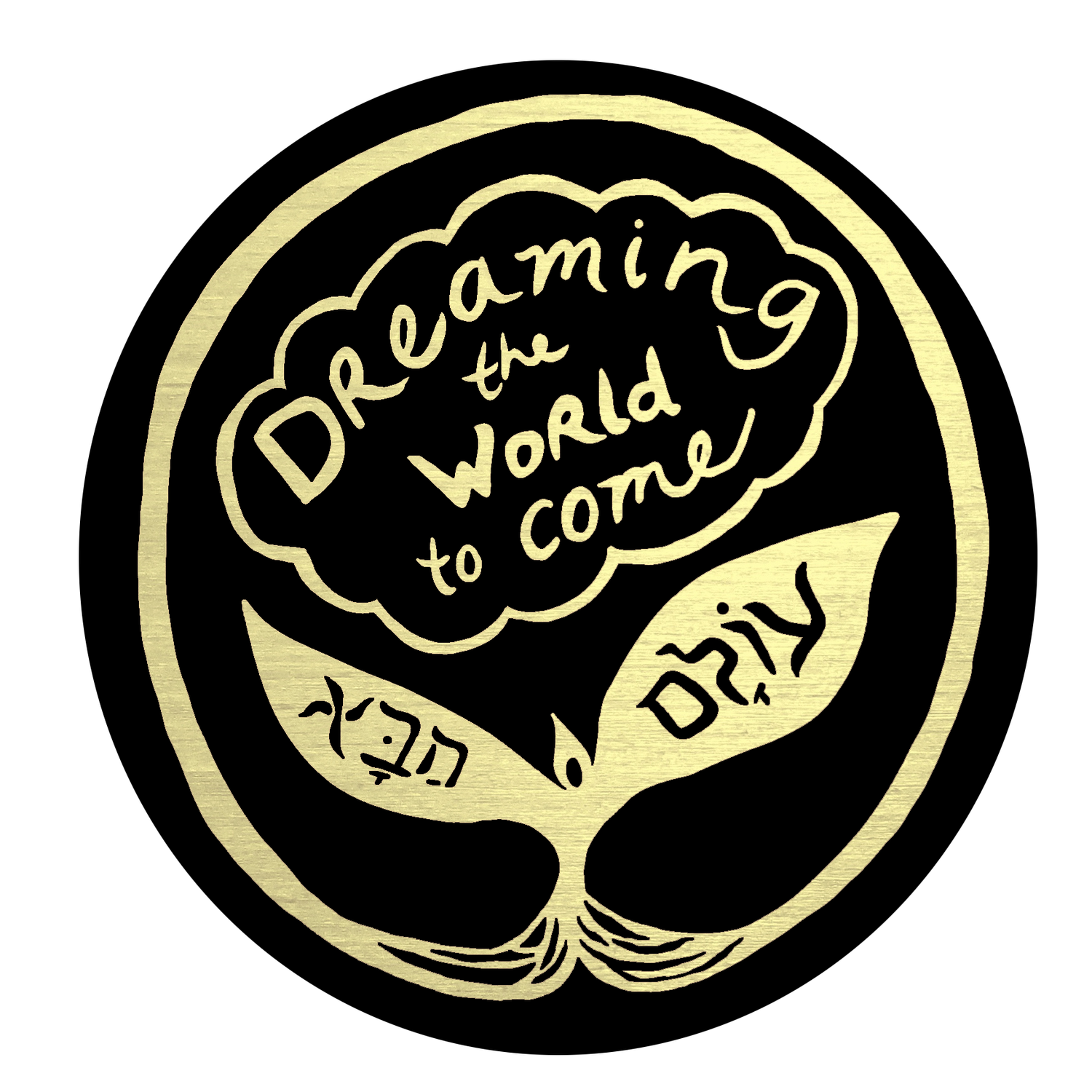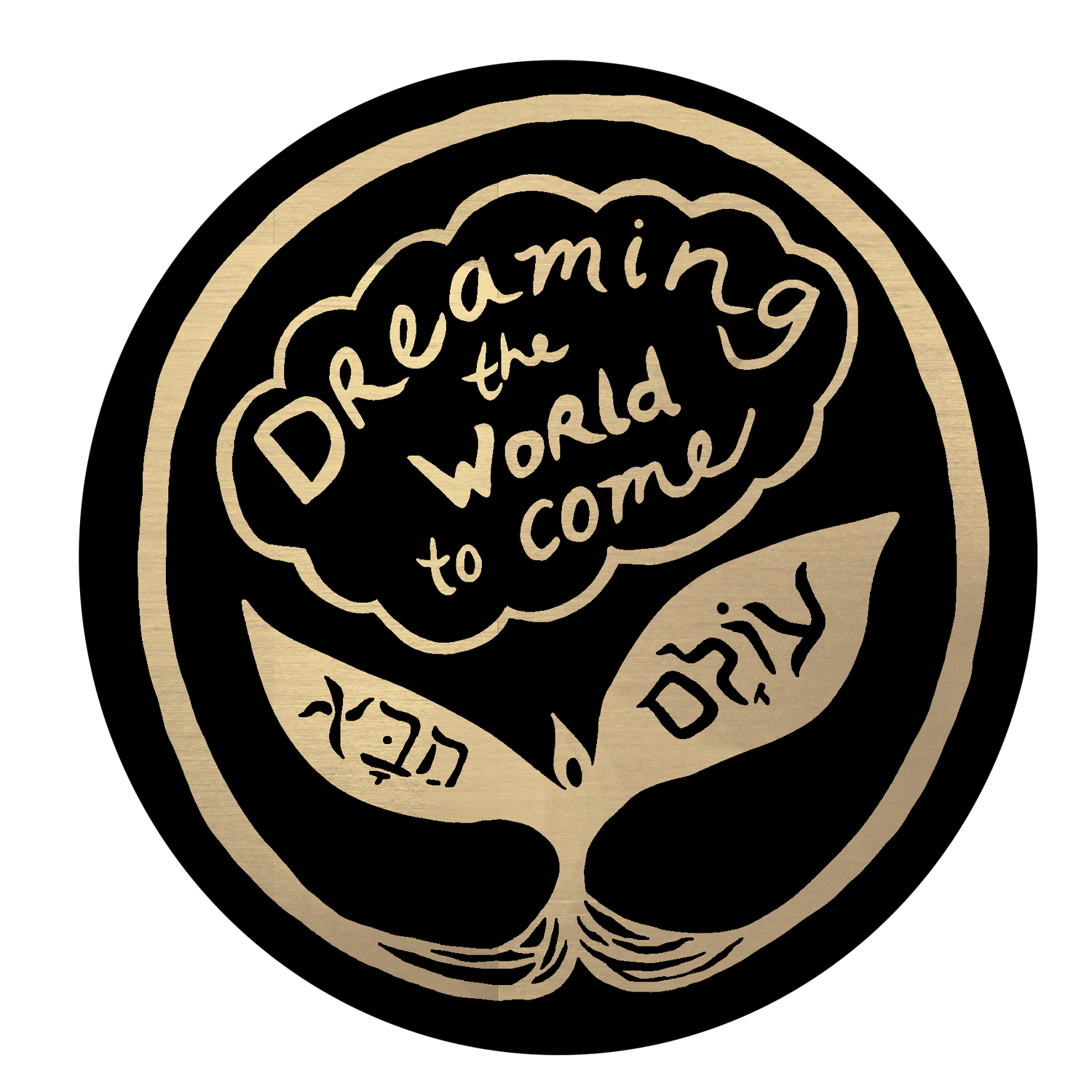Shabbat
Shabbat (or shabbes, shabat, the sabbath) is the day of rest. This is a full 25 hours every week when we get to receive, when we are not tasked with being creators of our world, when we get to revel in our sensual experiences and be grateful for all that is available to us. Shabbat begins at sundown on Friday, marked by lighting the candles, washing hands, blessing the wine and challah, and welcoming the shabbes bride. Boi kallah, we say, Come bride, come to me, my beloved. Judaism has ritual technology for opening us up to our connection with the Divine during this time, acknowledging the miracle of our bodies and our breath, the interconnectedness of life, the abundant love available to us, and the oneness of creation. It is also considered a mitzvah (way of connecting with the Divine) to have sex on Shabbat! On this day we are brought into deep conversation with our source, as a point of direct relationship, and as one pearl on a long strand of ancestral connection. Shabbat marks an opportunity to experience time as non-linear, as infinite, the closest we can come to experiencing Olam haBa, the World to Come, in this world.
We may choose to observe Shabbat by restricting certain behaviors. Many people will not drive, write, or use machinery on Shabbat; some of us choose to restrict screen time, or find other ways to mark this time as sacred and different from the rest of the week. In this Olam haBa daily planner, we offer ample space for Shabbat dreaming and receiving. We include a full page every week to reflect, integrate, and feel into what the world is offering and how you might best honor it. You can use this time to reflect on the teachings of the various Jewish mystics who offer wisdom and practice for each month. You might want to see if you can identify any themes in your dreams from the week, check in with your altars and the magic you’ve been weaving.
QUESTIONS TO THINK ABOUT ON SHABBAT
How is your body?
How is your spirit?
How can you best honor yourself and your world? What does receiving feel like for you?
For those who don’t write on Shabbat, you might want to make time after Havdallah to reflect on and answer these questions (or whatever questions come up for you). Or, leaving a blank page might be a great way to make space to receive.
Havdallah means “separation,” and is the ritual that signifies the end of Shabbat. It takes place about an hour after sunset on Saturday, when you can see three stars in the sky. We are given one extra hour to savor the sweetness of Shabbat before we say goodbye and prepare ourselves for the week ahead. The Havdallah ritual includes sipping wine or juice to remind us of shabbes sweetness, lighting a beautiful braided candle that reminds us of the many strands we weave, and smelling the besamim, sacred spices that awaken our senses and nourish our spirits for the week ahead. The Havdallah blessing reminds us that Shabbat is sacred in a specific way, because we have chosen to designate it for a special purpose: a time of receiving. At the end of the short ritual, the flame of the braided candle is doused in the wine, the sizzle of the extinguished flame offering a distinct visceral experience of separation. This ritual is a portal that we travel through each week as we move from infinite time back into worldly time, and reminds us that the end of a process is as important as the beginning. We can use this as a tool for asking ourselves, how do we honor what we leave behind? How do we complete a cycle in order to be prepared to move into the next phase?
You can find a Havdallah ritual guide with Nomy’s original tune for Havdallah blessings here.

